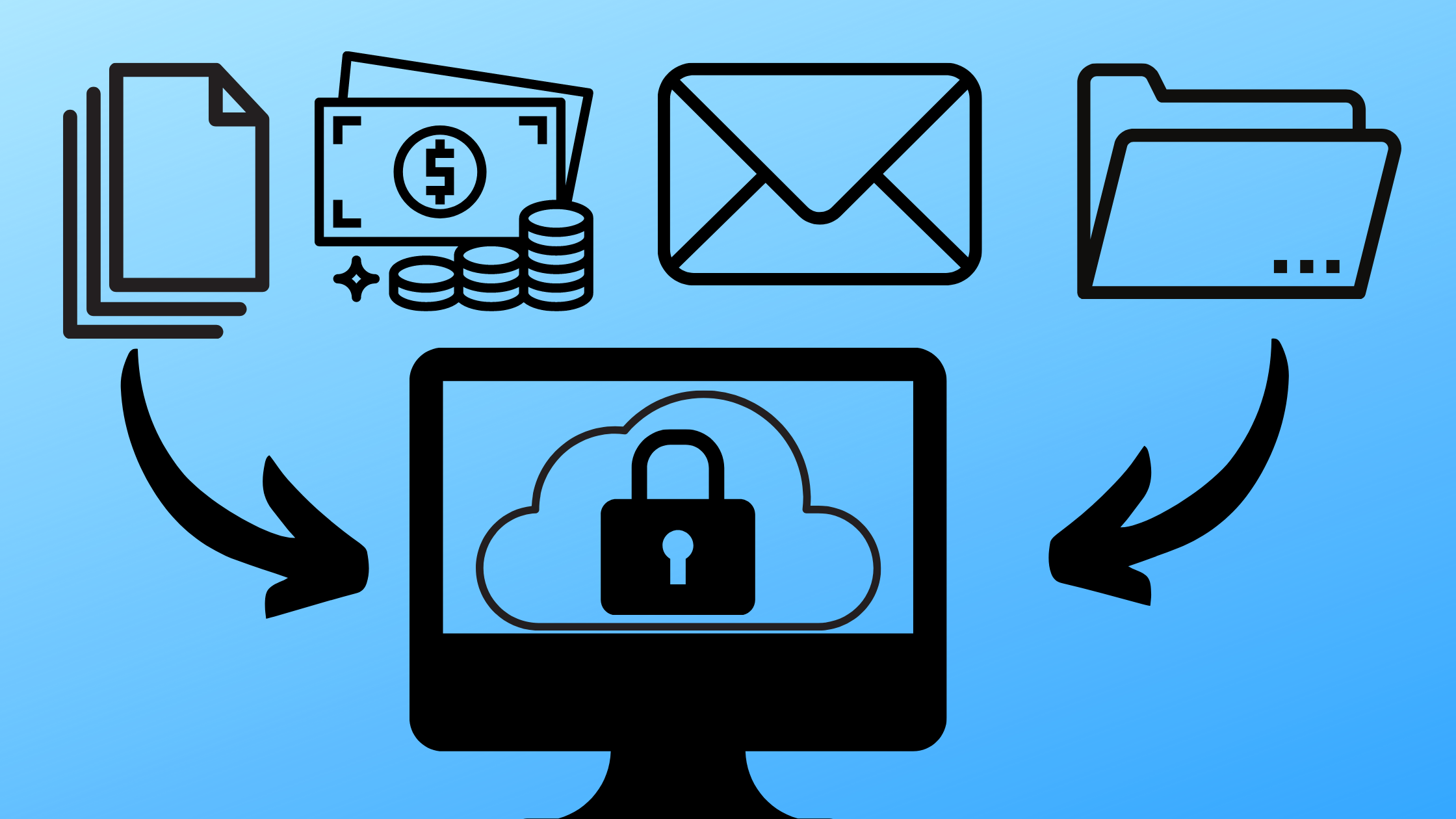Synametrics Technologies
Revolving around the core of technology
Sharing Legal Documents - Private, Secure File Sharing for Lawyers and Law Firms

The legal world revolves around gathering, examining, and sharing large volumes of information on a daily basis. However, in this domain, much of these documents contain sensitive personal information that requires it to be handled privately.
Much of a law firm?s day-to-day functions will involve managing and moving this data between parties, and it is expected that this process is secure. In this article, I am going to talk about how SynaMan can help you organize, manage, and share your legal documents securely.
Storing and Moving Secure Data
When it comes to legal documents, there is a general understanding that this data must be secure. Many lawyers simply assume that any software that they use is secure when in reality, it is not. Most law firms out there rely on public-cloud-based solutions to manage their documents, and unfortunately, this isn't always the case.
Public-Cloud vs. Private-Cloud
First, it?s important to understand what the difference is between public-cloud and private-cloud.
| Public-Cloud | Private-Cloud |
|---|---|
| Hosted and maintained by a third-party | Hosted and maintained by you - No third-party |
| Potential for data to be viewed by unauthorized individuals | No potential for data to be viewed by unauthorized individuals |
| May not have adequate audit logging | Full audit logs at any moment |
Essentially, public-cloud software is typically accessible over the internet in a public domain, and anyone in the world can attempt to access it at any moment. Another issue with this is that the entire data storage and sharing portion of the software is handled by a 3rd party with direct access to the data. This is, without question, a security hazard.
Private cloud, on the other hand, removes much of the security issues that the public cloud has while still keeping the functionality. A private-cloud solution is installed on a machine that you control and gives identical functionality to private-cloud solutions while removing the third party entirely.
Maintaining and Sending Data

Storing and Maintaining Files
With SynaMan, you get a multitude of features. The main feature is the ability to send, receive, and manage data.
In SynaMan, you only create a user account for your employees that need to be sending and receiving data on demand. For everyone else that is interacting with the software, it does not require them to have a user account. It does this via the concepts of public links and virtual folders.
Virtual folders are simply folders on the host machine that SynaMan has access to. You assign users access to these folders and their permissions, such as access to subfolders and the ability to create public links. The only people who can access these folders are individuals with direct machine access to the host machine that you install SynaMan on and users that you create and specify.
Sending and Receiving
Public-links are the mechanism for sending and receiving the data. The user account with access to the virtual folder can create either upload or download public links. For upload links, the recipient receives an email where they can upload files, which get placed in the location specified by the user who created the link. The recipient does not know where the data is stored and has zero access to it.
For download links, the user can specify a set of files for the recipient to download. The recipient gets an email containing a link to download the files and nothing more. Additionally, users can specify expiry dates for these links, as well as password-protect the links themselves.
Anyone who receives either link type does not need a user account to interact with that data.
There is even additional audit logging involved in this process to ensure that the recipient is the one who downloaded or uploaded files and maintains proper security compliance. As an additional security feature, admins can terminate active links should the need arise.
Conclusion
In this article, I talked about the differences between public cloud and private cloud and some of the pitfalls of using a common public-cloud solution. I also discussed how SynaMan could be used to manage and share your data securely and reduce overhead by only requiring user accounts for individuals who need them, as well as its audit-logging features.
If your firm is interested in trying out SynaMan, check out our website here, where you can read up on everything SynaMan has to offer as well as download our free 30-day trial. If you would like to request a personal demo where one of our technicians can walk you through the entire process and answer any questions you might have, send us an email, and we will gladly reach out.
| Created on: | Oct 29, 2020 |
| Last updated on: | Dec 23, 2025 |
